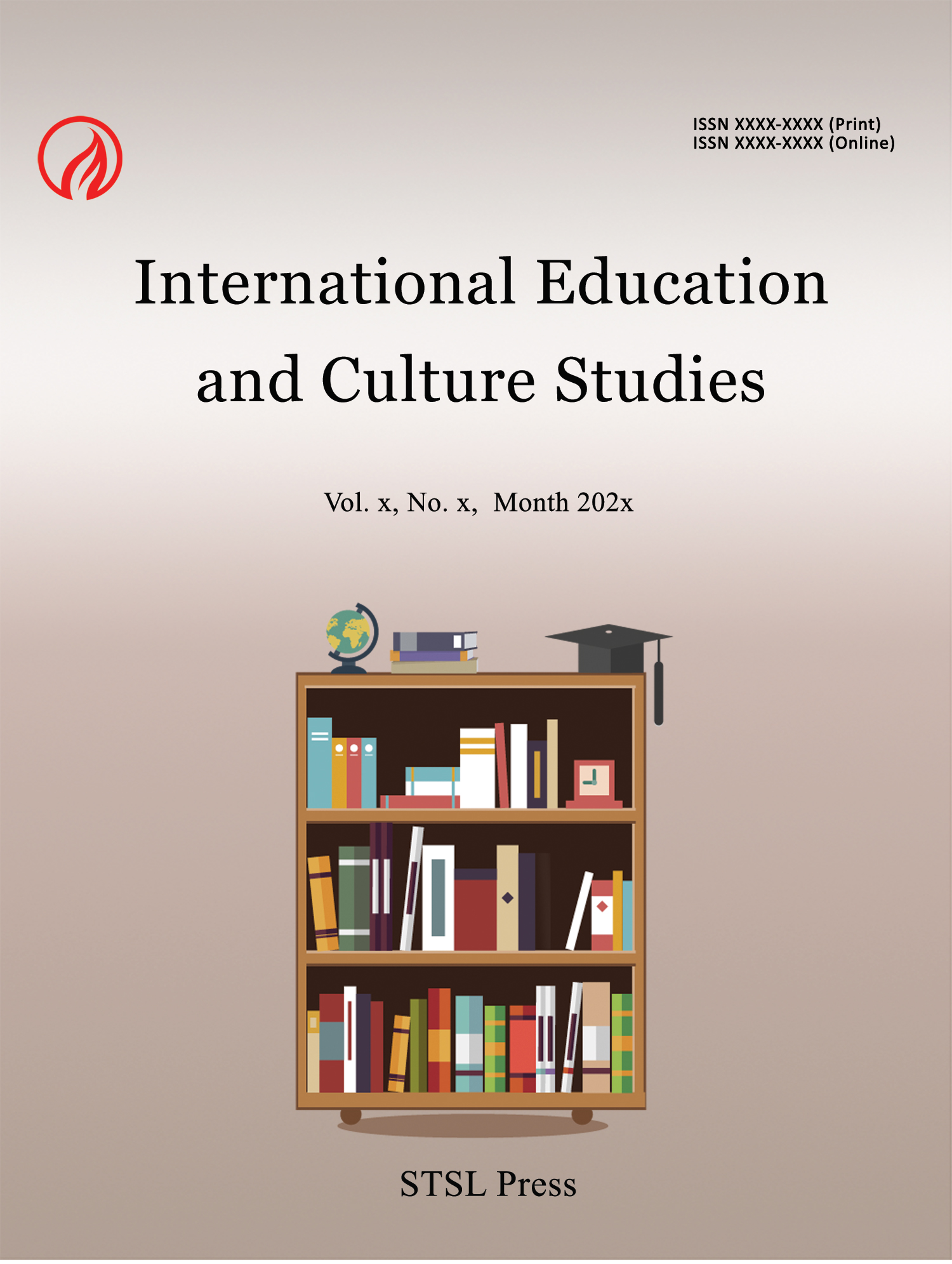The Effectiveness of an Educational Program Based on the TPACK Model in Enhancing Holistic Thinking among Physics Department Students in the College of Education for Pure Sciences
Duaa Bashir Hassan
Hanan Hassan
Fadhel Jabbar
Abstract
The research aims to identify (the effectiveness of an educational program according to the TIBAK model in comprehensive thinking among students of the Physics Department/ College of Education for Pure Science. The research is limited to 4th -year students in the Physics Department at the College of Education for Pure Science/ University of Baghdad for the academic year (2024-2025) who are taught according to the vocabulary of the educational laboratory experiments subject scheduled to be taught for the fourth grade at the College of Education. The researchers used the experimental design with partial control (the design of the experimental and control groups with a pre-test "for equivalence purposes" and a post-test), and the number of the research sample was (80) male and female students, with (40) male and female students for the experimental group and (40) male and female students for the control group. Before starting the experiment, the two groups were rewarded (intelligence, comprehensive thinking). To achieve the research objectives, the researchers adopted two approaches represented by the descriptive approach, to build the educational-learning program for teaching the educational laboratory experiments subject, while the second is the experimental approach, to know the effectiveness of the educational program in comprehensive thinking among students of the research sample; the duration of the experiment lasted a full semester of the academic year (2024-2025).They prepared the research tool to measure comprehensive thinking, consisting of (40) multiple-choice items. Also they verified the validity of the tool by presenting it to a group of experts and arbitrators in teaching and education methods, their stability, difficulty and distinctiveness of their items. After applying the tool and processing the data statistically using the t-test for two independent samples, the results showed that the experimental group that studied according to the educational program according to the TAPCK model outperformed the students of the control group who studied the same subject in the comprehensive thinking scale. In light of the research results, the researcher reached a number of conclusions, recommendations and proposals.
Paper:
pdf
DOI:
https://doi.org/10.71002/iecs.v5n3p26
 This work is licensed under a
Creative Commons Attribution 4.0 License.
This work is licensed under a
Creative Commons Attribution 4.0 License.
Contact us
- Jerry Lee
- iecs@stslpress.org
